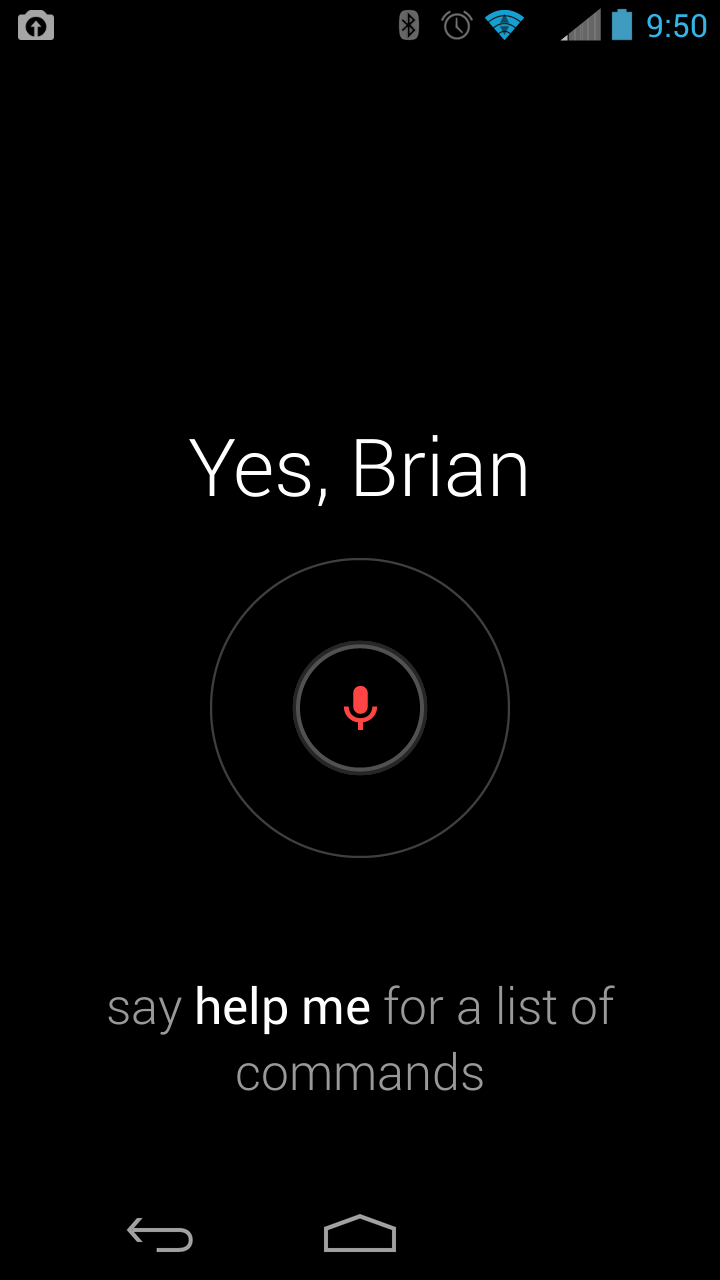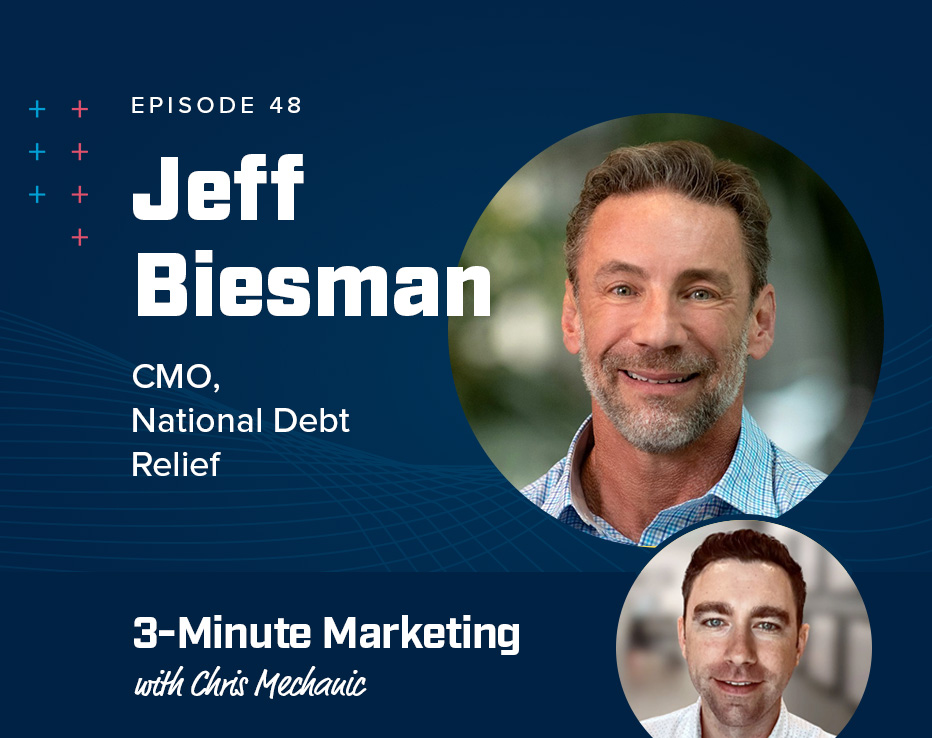
Google’s Hummingbird: Why You Should Love This Algorithm Update
Hummingbird: What You Need to Know
Check out this presentation I put together for an internal meeting where we discussed Google’s Hummingbird update. Read through it and let me know what you think!
[presentation src=”https://docs.google.com/presentation/d/1SEQKz7lFdm5woCBaurXXdexYGaJC7cdFlx9LhzXxIFU/embed?start=false&loop=false&delayms=3000″]As you can tell from the slides, we don’t think Hummingbird is something marketers or businesses should be worried about (just yet).
It’s definitely something to keep an eye on, however. I believe the impact will begin showing a year or more down the road as the adoption of newer mobile technologies continues.
Shifting Focus
I think Hummingbird marks a pretty important shift for Google — this update seems very targeted towards the search engine’s issues with the mobile market. Prior algorithm updates were focused on making search more useful regardless of user device, but this one feels far more pointed to me.

One of those underlying problems with mobile search is inputting your actual query. Typing on small mobile device has improved with smarter keyboards, but it is still much harder than a traditional keyboard. Hummingbird takes big steps toward fixing this by implementing significantly improved natural speech recognition along with query re-writing.
Having used a speech-ready device (Moto X) for the past two months with eager anticipation for the next slew of devices (Xbox One & Google Glass), I can vouch that voice input removes a lot barriers to search. I’d guess that my monthly query volume is up at least 50% since having a speech-ready device stapled to my side. This probably makes Google very happy.

Monetizing Mobile

However, I’m still unsure how they’re going to display the ads without taking up more precious screen real estate. (Maybe that’s the real push behind these giant-screened Galaxy Note phones and the like…)
Really though, if Google can’t program in more screen real estate for mobile SERPs, then they need to get creative. I’m seeing some of that creativity in their decision to pave the way for more contextual “search” results. I say “search” because I believe their plans to preemptively serve up content before you even ask for it through Google Now is really important to the future of “search.” For mobile, it’s already the homepage of Google Search and I don’t think it’ll be too long before the iconic white Google homepage is a forgotten relic of the not-so distant past. Notifications are already available through chrome://flags [Note: You must manually type “chrome://flags/” into your Chrome browser].

Google Now is already being tied together to their search engine, but not as tightly as you might think. They only recently started using recent searches and even that use has a long way to go. Other contextual indicators siphoned from prior emails, current location, friend’s whereabouts, industry recommendations, and your calendar will make Google Now an even more compelling experience, and I’m sure Hummingbird is tuned to allow this kind of evolution. If Google can thoughtfully stitch in some paid placements (Google Offers is already in there), then I believe both the user and Google will be happy.
Of course, user privacy is going to be another limitation on Google Now. But if the value proposition is strong enough, then I think Google can quickly slip past that issue.
photo credit: MrClean1982 via photopin cc
Most newsletters suck...
So while we technically have to call this a daily newsletter so people know what it is, it's anything but.
You won't find any 'industry standards' or 'guru best practices' here - only the real stuff that actually moves the needle.






